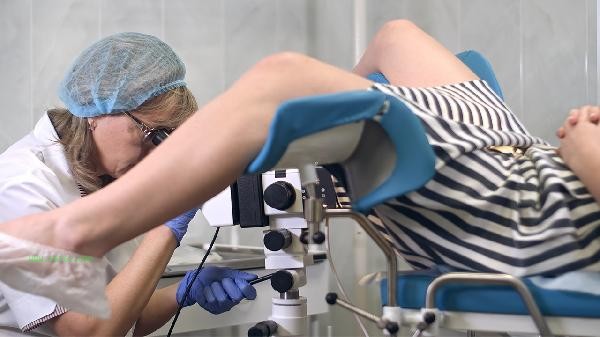Intravenous infusion of sodium chloride injection in pregnant women usually does not cause fetal malformations. Sodium chloride injection is a commonly used isotonic electrolyte solution in clinical practice, mainly used to supplement body fluids and electrolytes. Its composition is consistent with the osmotic pressure of human plasma, and it has high safety under standardized use. The main components of sodium chloride injection are water and sodium chloride, and it does not contain any known teratogenic substances. During pregnancy, strict adherence to medical advice is required to control the dosage and infusion rate, and it is commonly used for conditions such as severe vomiting, dehydration, or preoperative preparation. The amount of medication that can pass through the placental barrier at conventional therapeutic doses is extremely low, and existing medical data does not show a clear association with fetal malformations. During clinical use, it is necessary to monitor the electrolyte balance of pregnant women to avoid sodium retention caused by long-term high-dose use.

Very few special circumstances require caution: when pregnant women have severe renal insufficiency, preeclampsia, or heart failure, excessive infusion may worsen edema or induce hypertensive crisis, indirectly affecting fetal oxygen supply. If long-term high-dose use is required, fetal development should be monitored through prenatal examinations such as ultrasound. Animal experiments have shown that the teratogenic dose of sodium chloride injection far exceeds clinical dosage, but the risk benefit ratio of medication in the first three months of pregnancy still needs to be evaluated.

Medication during pregnancy should strictly follow the guidance of obstetricians, and any intravenous infusion treatment should evaluate the underlying diseases and pregnancy status of the pregnant woman. It is recommended to maintain daily fetal movement records during medication and undergo regular prenatal screening. Moderate control of sodium intake in a balanced diet to avoid excessive sodium load caused by the combination of pickled foods and sodium chloride injections. Seek medical attention immediately when experiencing headaches, blurred vision, or abnormal edema.






Comments (0)
Leave a Comment
No comments yet
Be the first to share your thoughts!